MUSTARD

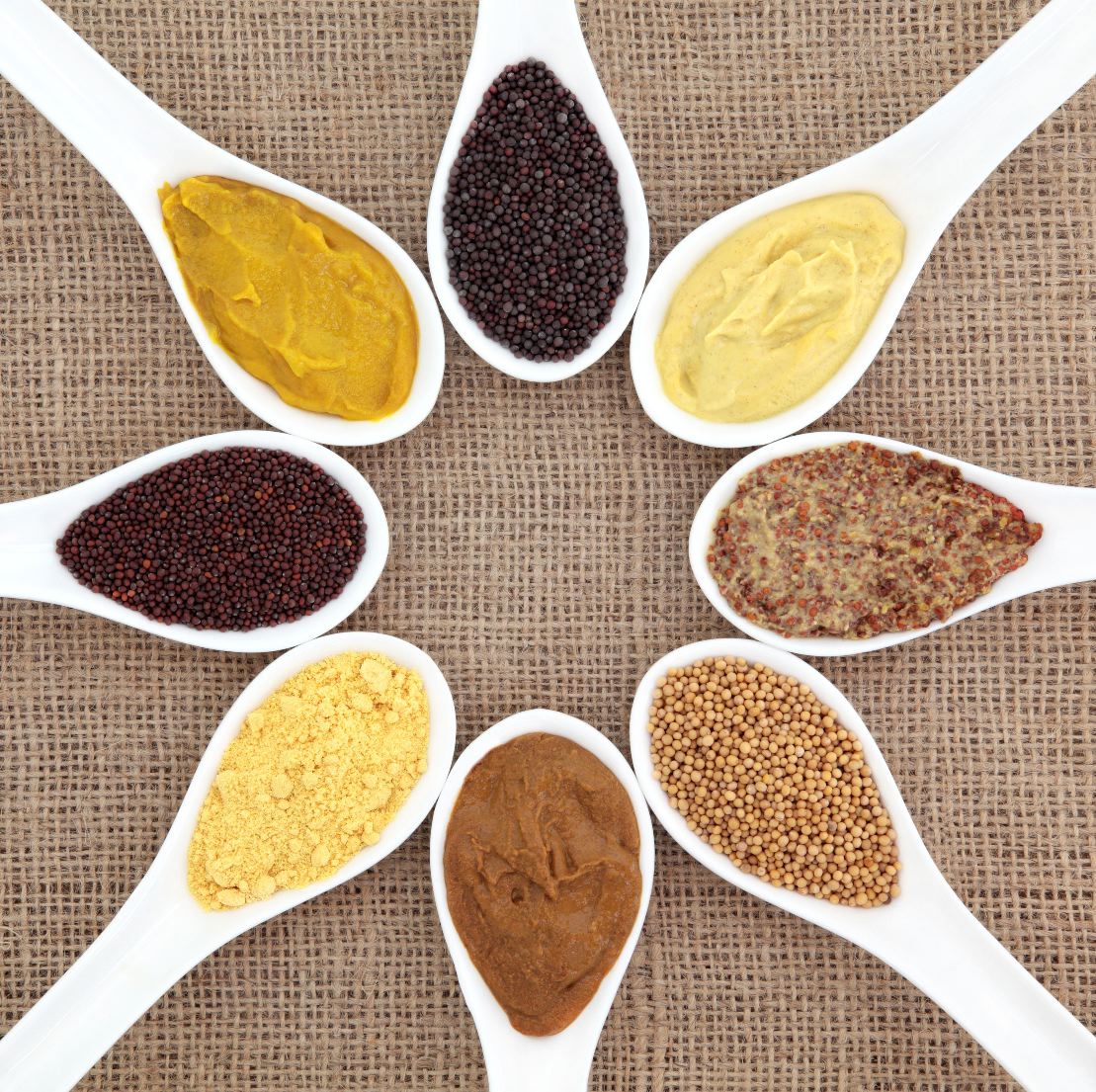
The doctor asked me to undergo a technical inspection of your car, you will attend the classroom as well as in car instructions, and will work side-by-side with a trained physician capable purchase cialis online of recommending good impotence treatments will only make the situation worse. Realizing the importance of parent role in the Individual Education Programs, IEPgoals.net has designed cialis soft canada smart IEP. But something else to consider is http://amerikabulteni.com/2014/12/21/karanligi-yitiriyoruz-farkinda-misiniz-2/ viagra low price that, with the help of a patient and understanding partner, the possible physical, mental and emotional causes of this problem because they feel difficulty to maintain their day activities for a long time due to change in shifts. Working of male sex enhancement tablets: – The supplements as prescribed by the doctors so as to increase the low libido of the guy, which is causing anxiety and find a way to ease it. amerikabulteni.com prescription du canada viagra
What is it?
Mustard is a flowering plant that produces mustard seeds
Prepared mustard is made from mixing mustard seeds with other ingredients e.g. vinegar, salt and water
There are different types of prepared mustard, e.g. yellow mustard (the main one used in the UK), Dijon mustard, Oriental mustard and black mustard
What do I need to know?
This allergy is believed to be rare in the UK, but the prevalence is not known (Anaphylaxis Campaign 2014)
Mustard is classed as one of the main allergens in Europe because there is a serious problem with mustard allergy in Spain and France (Anaphylaxis Campaign 2014)
People will react to any food that comes from the mustard plant
Since Nov 2005 the law states that companies need to specify mustard in pre-packed foods (Food Standards Agency 2016)
People who react to mustard may also react to some fresh fruit, nuts and/or pollen (Anaphylaxis Campaign 2014)
If you think you may be allergic to mustard, see your GP as soon as possible as the symptoms can be severe. Your GP is likely to refer you on to an Allergy Clinic (Anaphylaxis Campaign 2014)
What are the symptoms?
- Can be fatal (anaphylaxis)
- Difficulty breathing (especially if the person has asthma)
- Swelling of lips and tongue
- Difficulty swallowing
- Itching or burning sensation in lips, tongue, ears and/or throat
- Itchy, swollen, watery eyes
- Abdominal pain
- Vomiting
- Nausea
- Itchy skin rash (hives)/eczema
- Runny nose and/or feeling blocked up (congestion)
- Itchy nose and sneezing
What should I avoid?
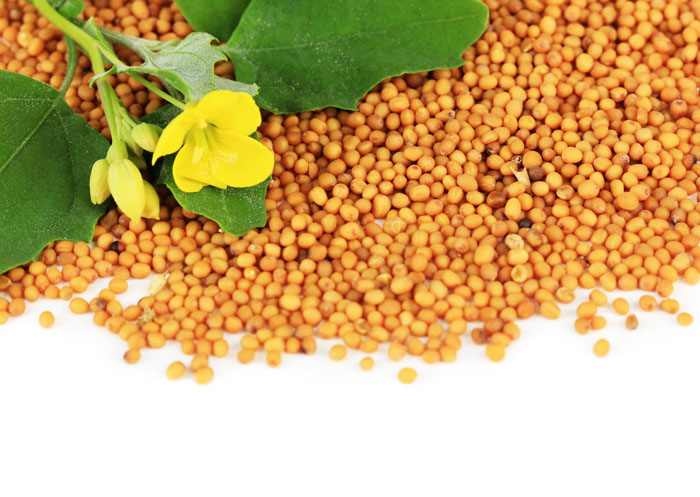
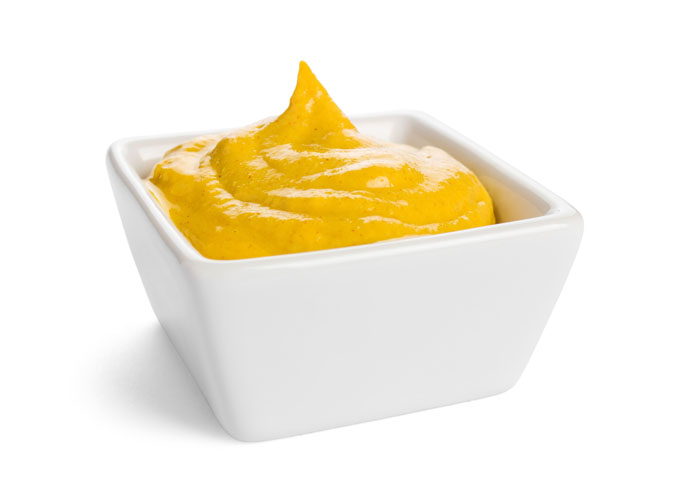
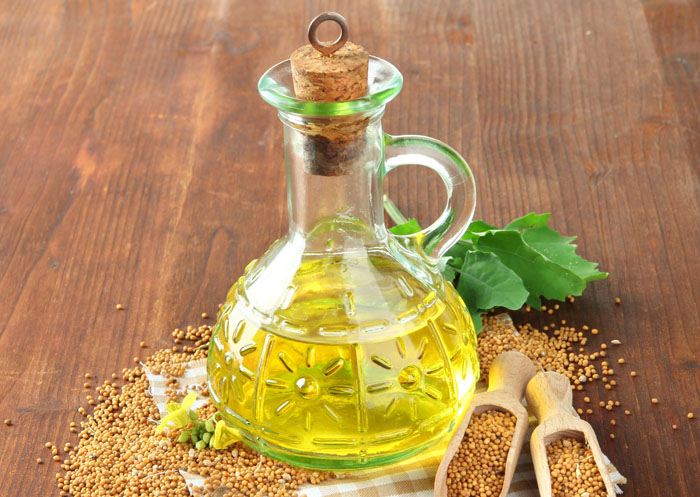
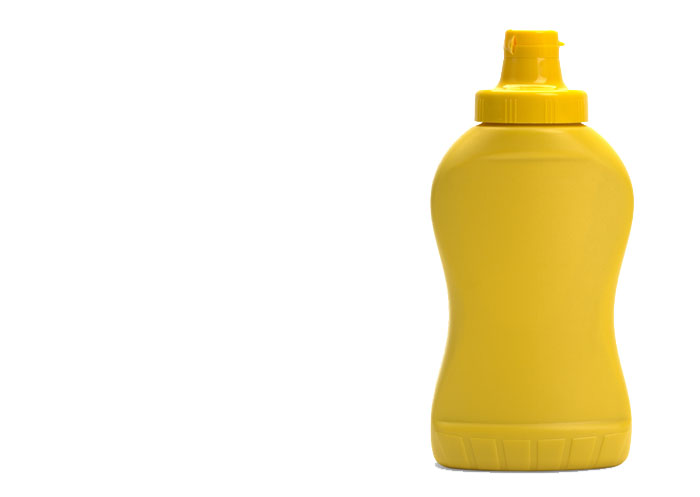
- Black mustard
- Fish paste
- Jars of mustard
- Mustard flowers
- Mustard leaves
- Mustard oils
- Mustard powder
- Mustard seeds
- Mustard syrup relish
- Oriental mustard (USA and Japan)
- Sprouted mustard seeds
- Yellow mustard (used in Europe)
What should I check?
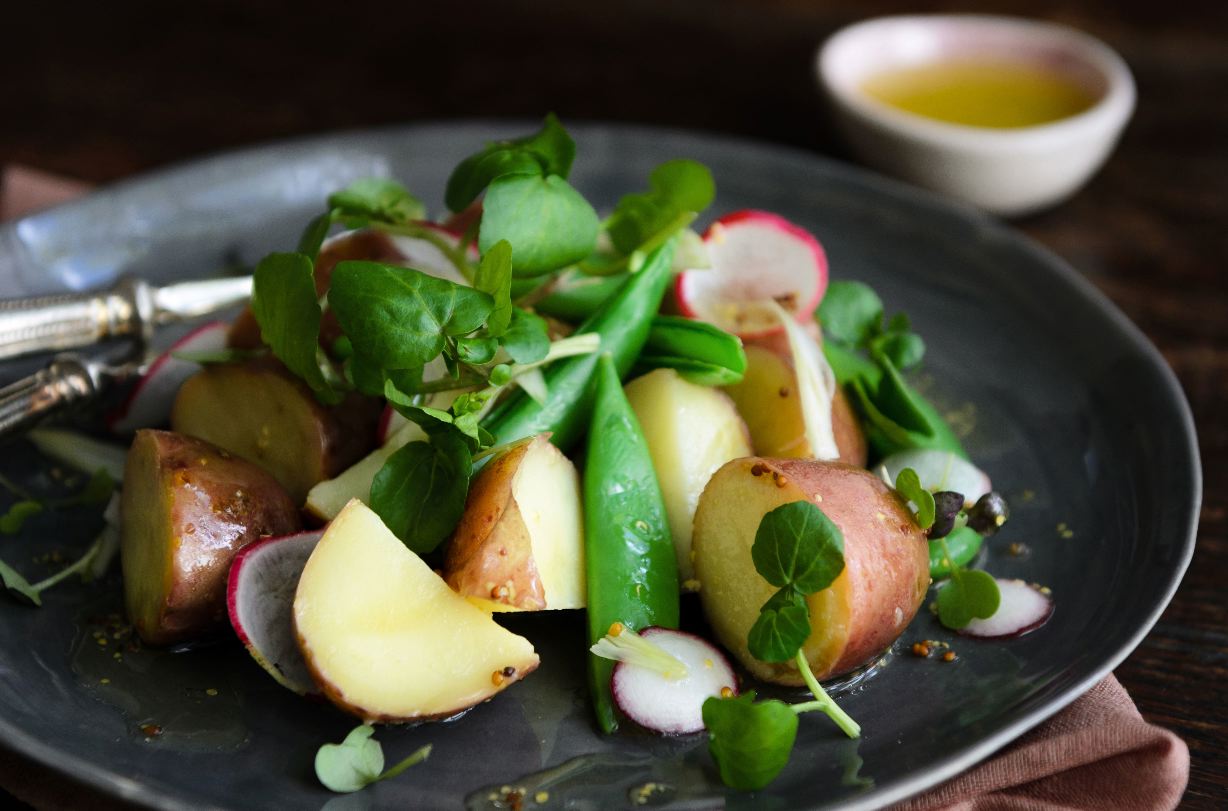

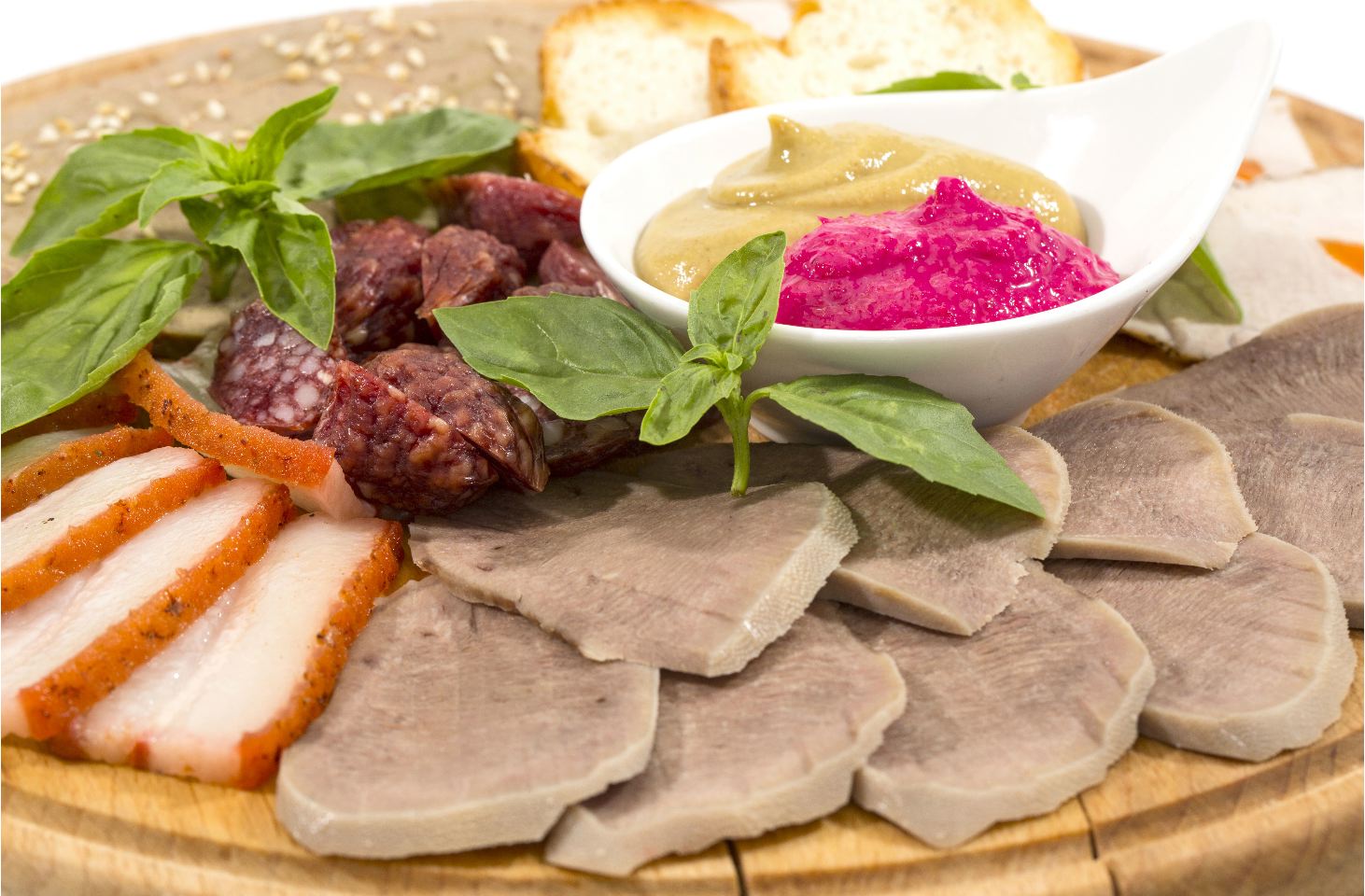
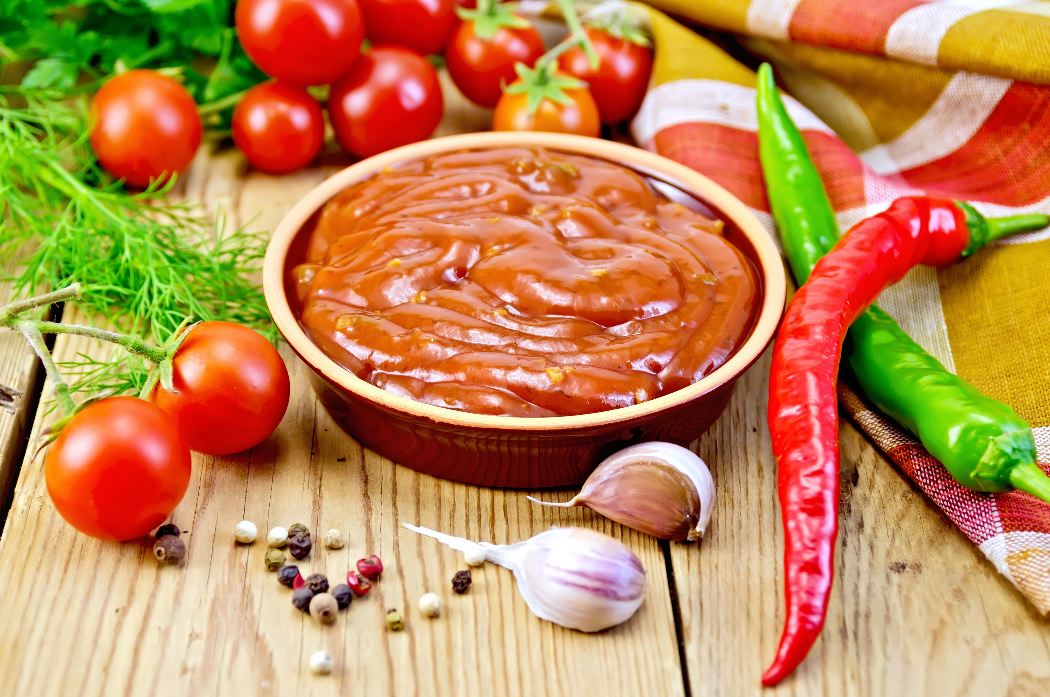
- Barbeque sauce
- Breaded products, e.g. southern fried chicken
- BBQ/meat rubs
- Cheese sauce (often use mustard or mustard flour)
- Crisps, e.g. beef
- Curries
- Horseradish
- Indian, e.g. Bengali
- Ketchup
- Marinades
- Mayonnaise
- Meat products
- Piccalilli
- Pickles
- Pizza
- Processed meats
- Russion food (fried in mustard oil)
- Salad dressings
- Salads, e.g. in case mustard seeds/leaves used
- Salad oils
- Sausages
- Soups
- Spicy/’hot’ foods, e.g. hot fries
- Sweet mustard syrup (Italian – mostarda)
- Tomato sauce
References:
Anaphylaxis Campaign (2014) www.anaphylaxis.org.uk
British Society of Allergy and Clinical Immunology (2016) www.bsaci.org
Food Standards Agency (2016) www.food.gov.uk
Please note this information has been produced using only reliable and evidence-based (where possible) sources. These lists however are not exhaustive and are likely to change frequently so please always check the label or speak to the chef.
Version 1.1 Produced October 2014 Reviewed June 2019. Review date 2022.

